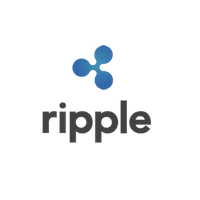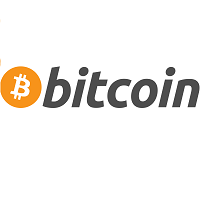The global remittance market is a big business. In 2016, remitters sent nearly $600 billion in cross-border payments to help support family members living in their home countries or to settle transactions with business partners.
Money transfer companies allow people to send cross-border payments. Unfortunately, the current model requires money transfer companies to use pre-funded accounts across the globe to source liquidity for these payments. The process makes payments costly and slow, which causes headaches for both the companies and their customers.
To allow their customers to send and complete cross-border payments quicker and cheaper, MoneyGram — one of the world’s largest money transfer companies — will use Ripple XRP in their payment flows.
The use of XRP allows MoneyGram to solve the age-old liquidity issue most financial institutions face while saving time and money. Additionally, customers will have the ability to send funds real time, with transparency and certainty.
XRP, xRapid help source on-demand liquidity
MoneyGram will access and use XRP, the native digital asset of the XRP Ledger, in their payment flows through xRapid, Ripple’s on-demand liquidity product.
Here’s how it works: xRapid enables real-time foreign exchange (FX) settlement through XRP, which gives financial institutions the ability to unlock liquidity and access multiple corridors with one pre-funded originating account.
What’s more, financial institutions will be able to send on-demand payments, reduce FX costs and fees, and customers will receive real-time insight into the status of their payments.
“Ripple is at the forefront of blockchain technology and we look forward to piloting xRapid,” said Alex Holmes, chief executive officer of MoneyGram, in a press release. “We’re hopeful it will increase efficiency and improve services to MoneyGram’s customers.”
Ripple strives to improve cross-border payments
Ripple is focused on fixing the inefficiencies and problems that exist in cross-border payments, regardless of whether those payments originate with a bank, corporate or another financial institution.
“The payments problem doesn’t just affect banks, it also affects companies like MoneyGram, which help people get money to the ones they care about,” said Brad Garlinghouse, CEO of Ripple. “By using a digital asset like XRP that settles in three seconds or less, our clients can move money as quickly as information.”







































